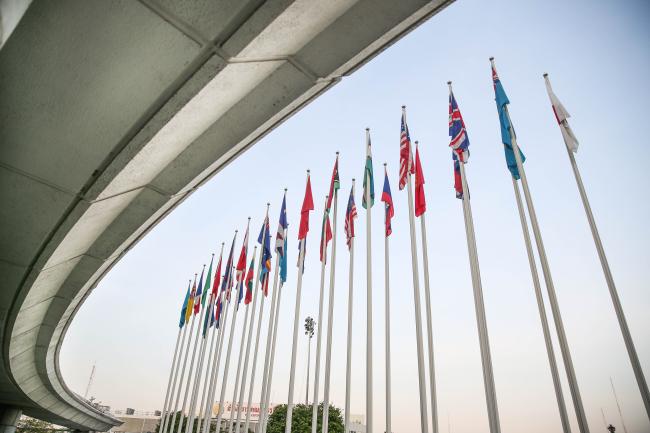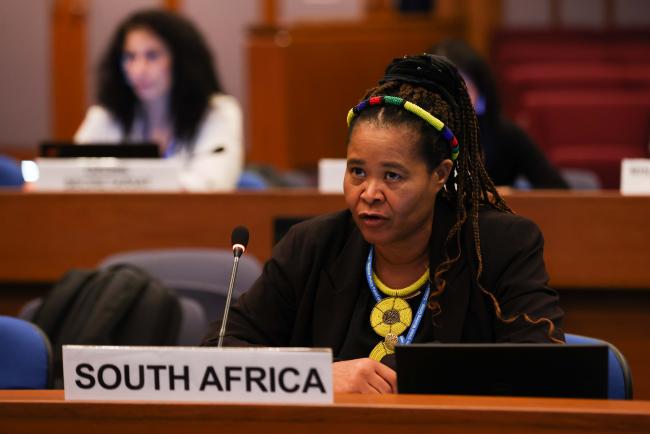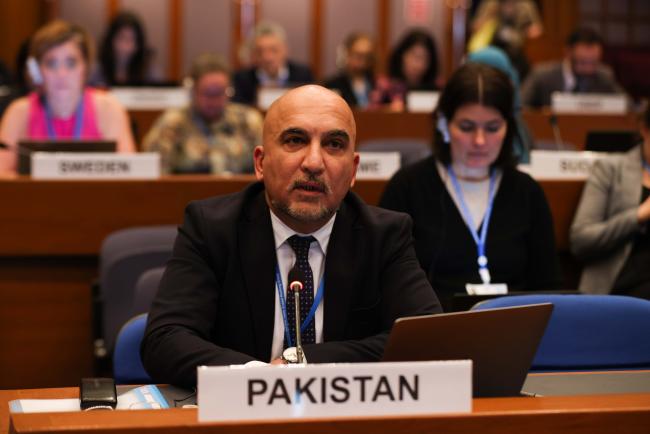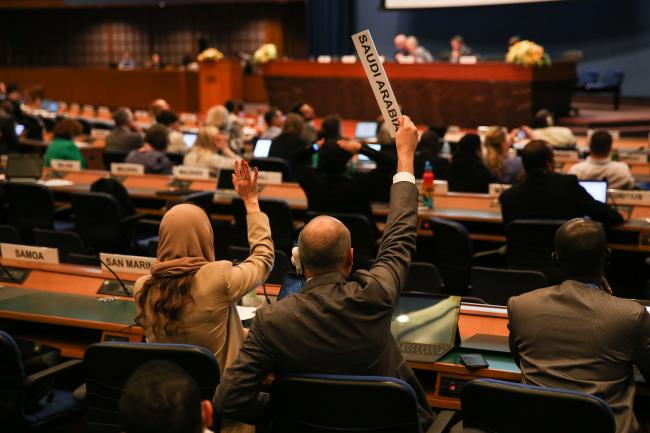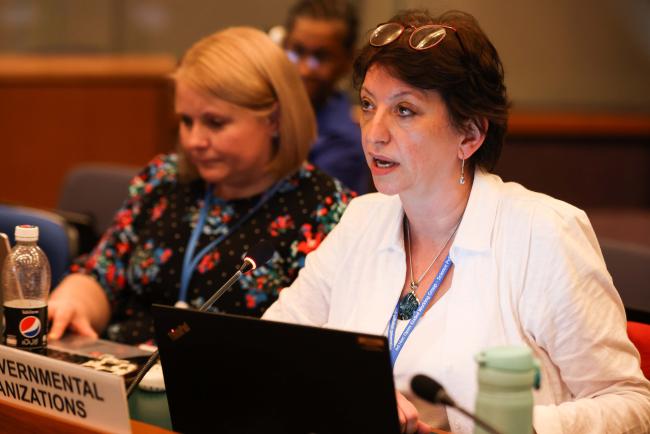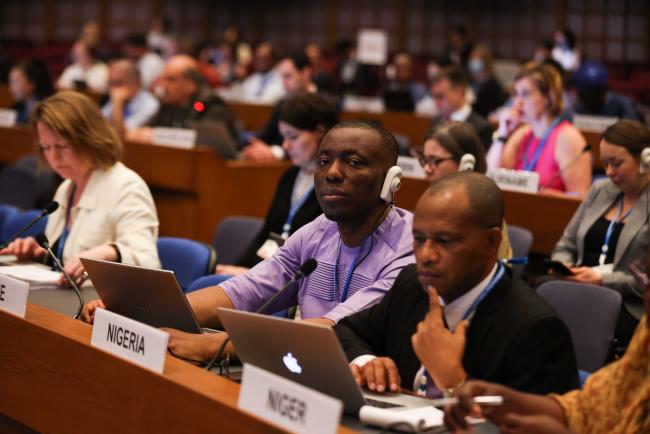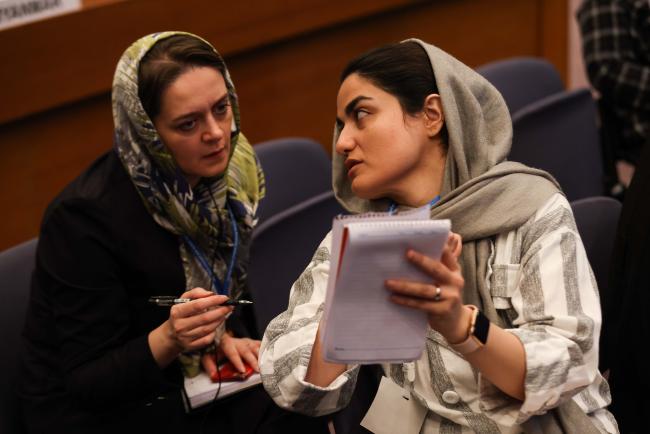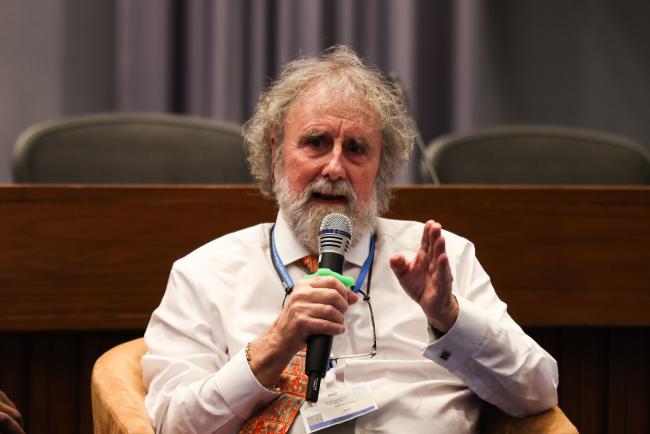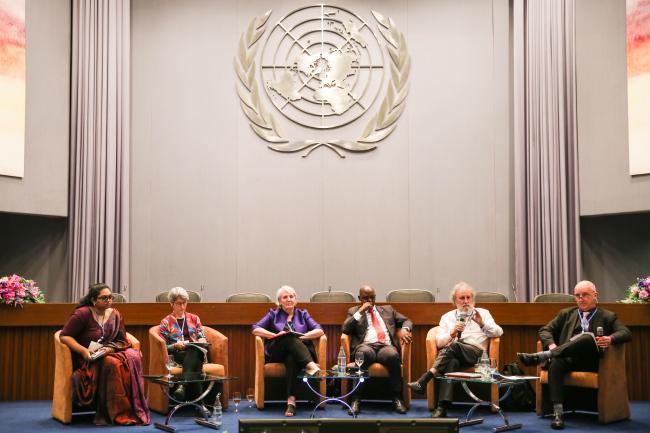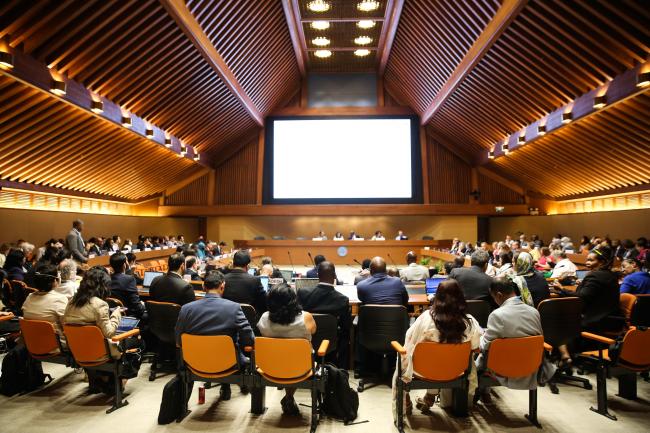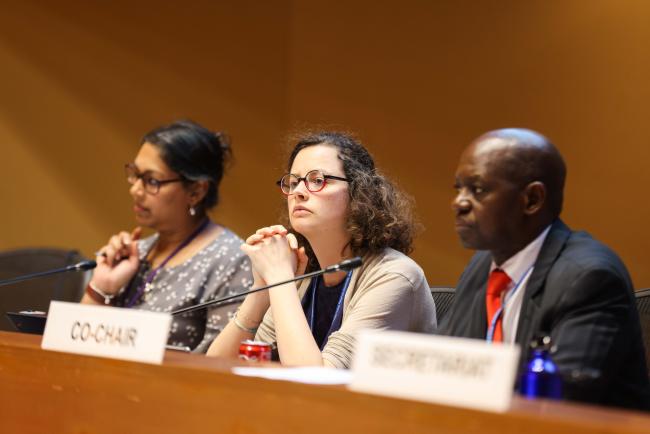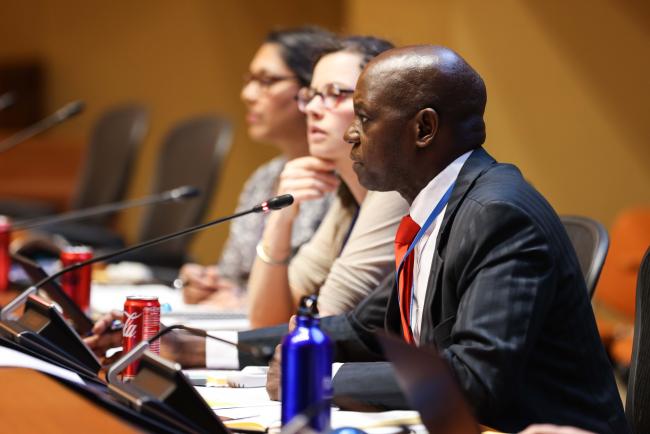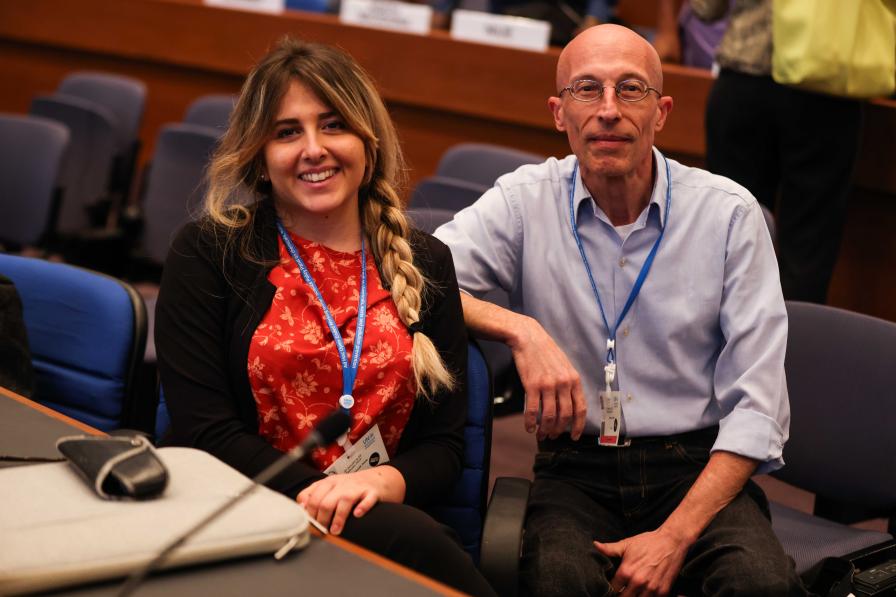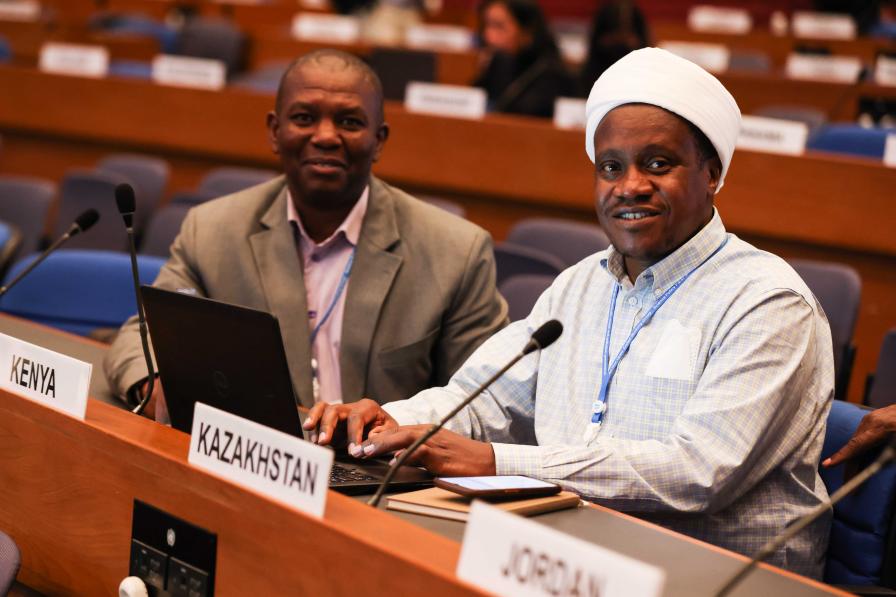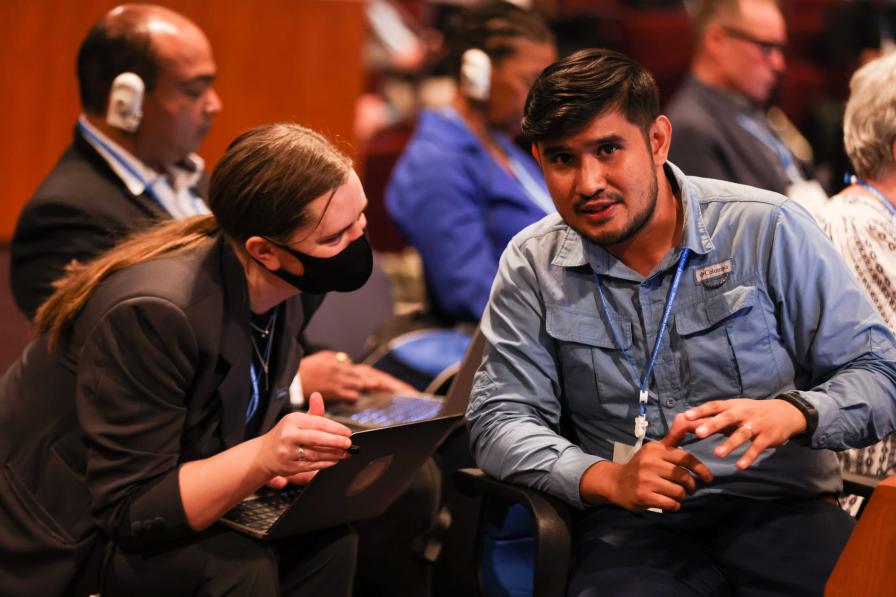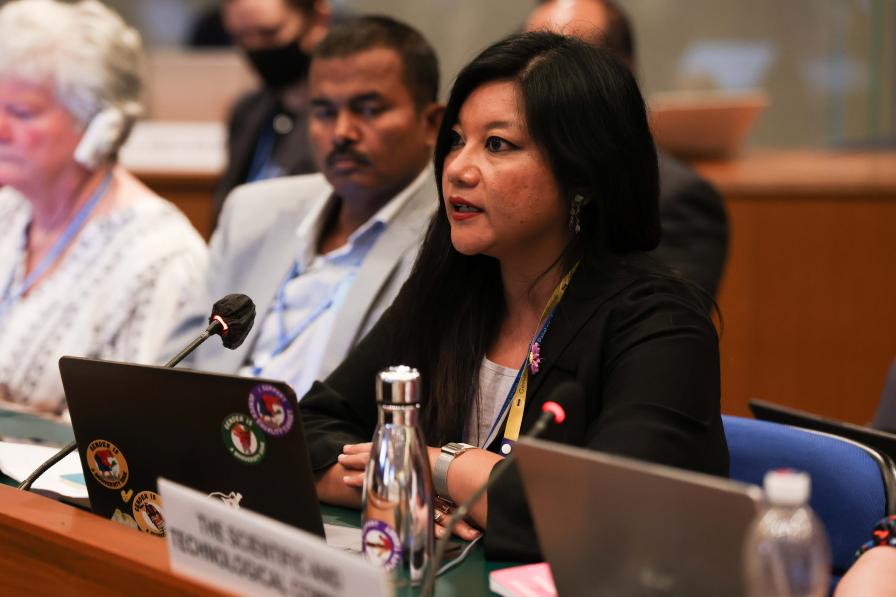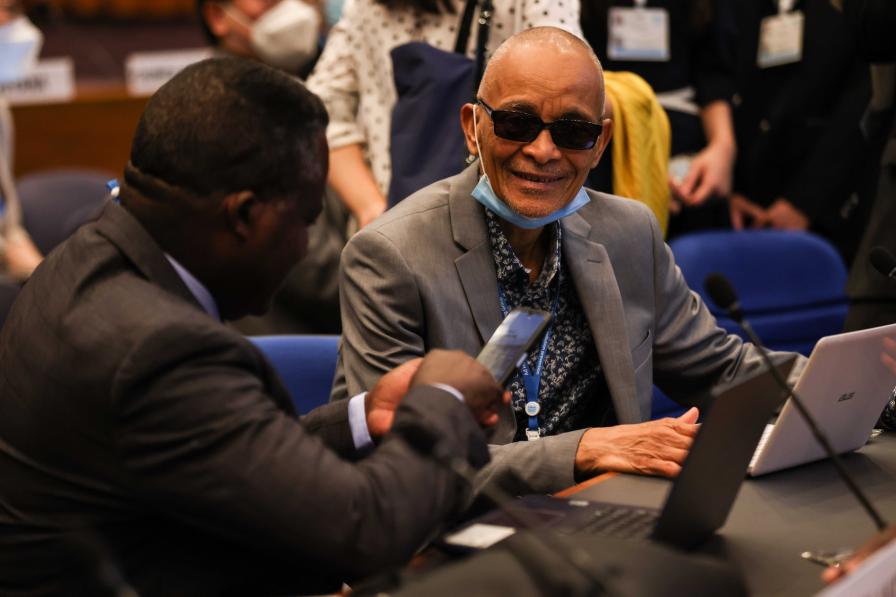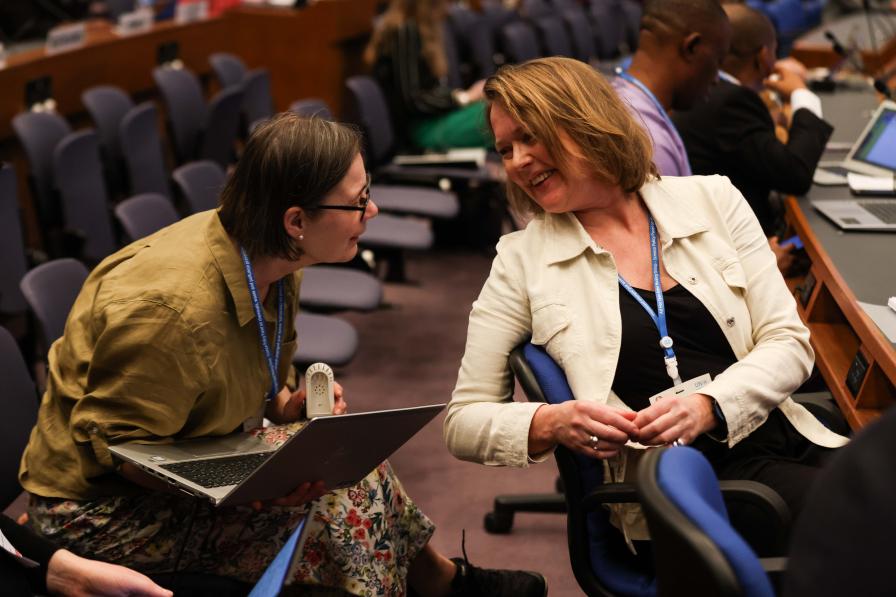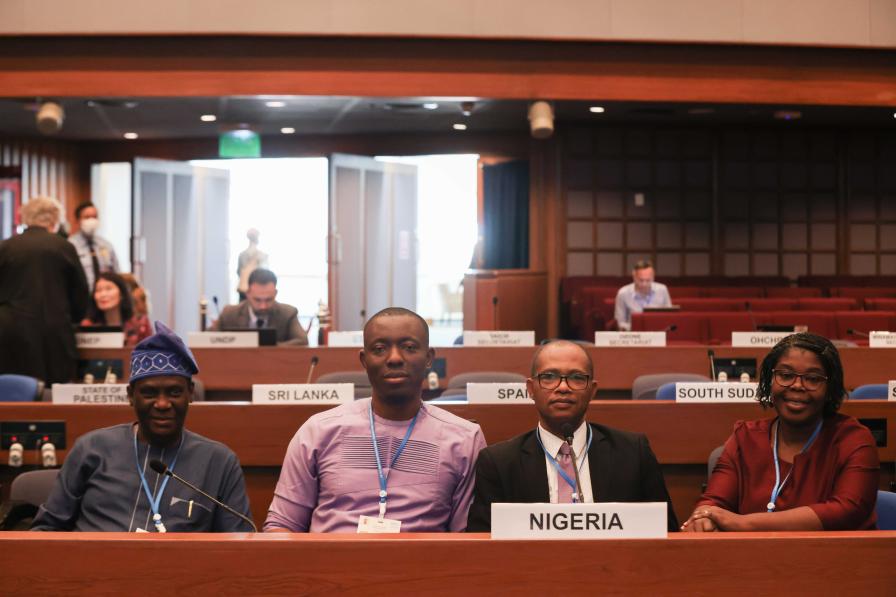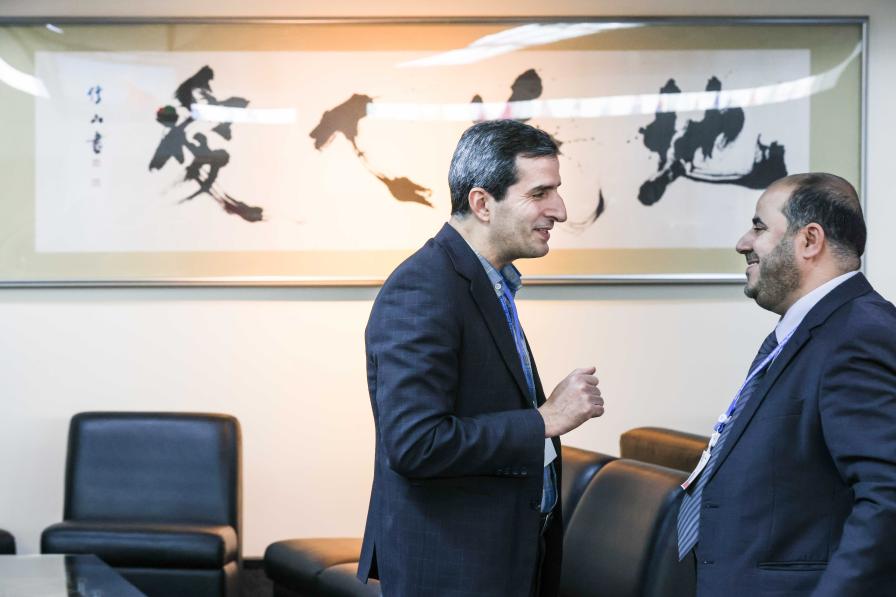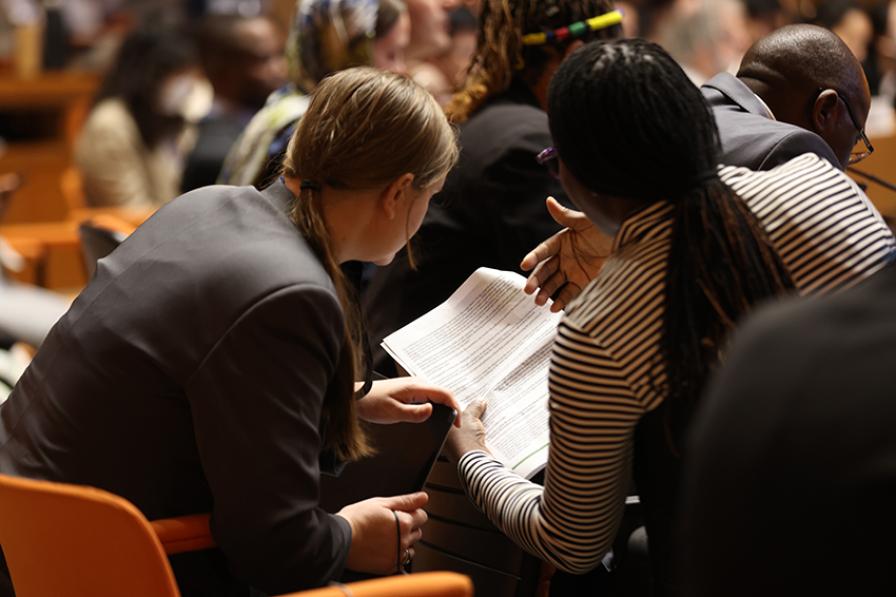Where day one was about process, day two was all about substance. Participants started to wrestle with the overarching question of “What will this panel look like?” Their mandate – to develop a “science-policy panel to contribute further to the sound management of chemicals and waste and to prevent pollution” – provides only some of the answers.
Want to dive deeper? Read the Earth Negotiations Bulletin daily report.
Participants at the Open-ended Working Group (OEWG) debated the new panel’s objective, scope, and functions throughout the day. Some functions seem straightforward for a science-policy interface, such as information provision and dissemination. Others require more work. Countries shared views on the panel’s assessments, such as on whether they should be many or few, overarching or issue-specific. Some suggested a combination of various types of assessments.
Horizon scanning and capacity-building functions were the focus of the day, particularly in the “deep dive” session. Both functions are relatively unique. The science-policy interfaces for climate change and biodiversity do not conduct horizon scans. Many noted that the dynamic nature of chemicals and wastes means new problems could emerge, requiring regular efforts to identify emerging issues.
Many existing science-policy panels have, over time, come to incorporate capacity-building activities. Here, discussions centered on making them an explicit function of the panel from the outset. This could enable local researchers from around the world to effectively participate in the work of the panel, which could help provide truly global assessments that all countries support and address North-South asymmetries to a certain extent.
Views on the objective and scope were more intertwined. There was a general desire to clearly articulate what the panel does, why, and who the panel aims to inform. But how to distill the panel’s complex tasks of providing policy-relevant expertise and bridging science and policy communities will continue to be the focus of discussion.
All ENB photos are free to use with attribution. For this event, please use: Photo by IISD/ENB | Natalia Mroz
Written and edited by Jennifer Allan, Ph.D., Deborah Davenport, Ph.D., Moritz Petersmann, and Asterios Tsioumanis, Ph.D
To receive free coverage of global environmental events delivered to your inbox, subscribe to the ENB Update newsletter.

